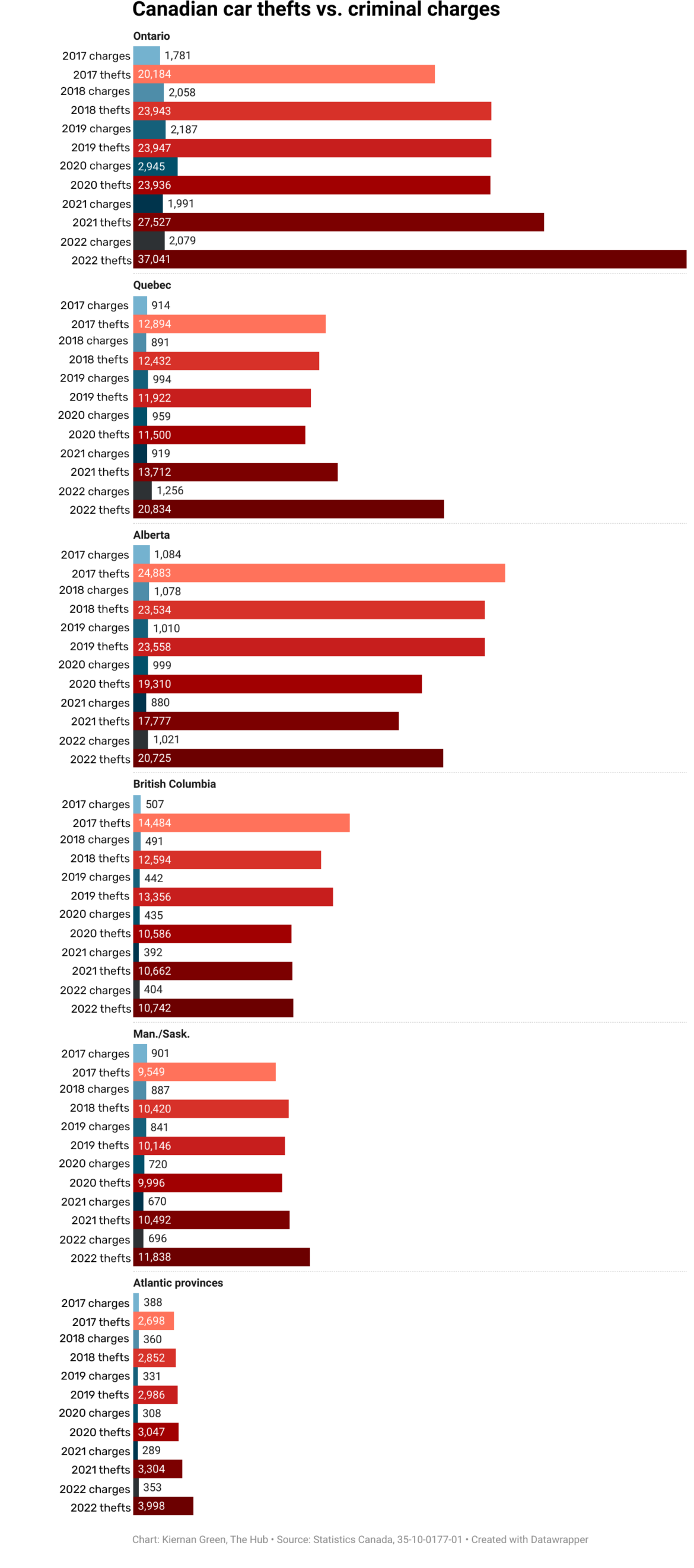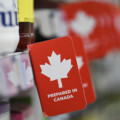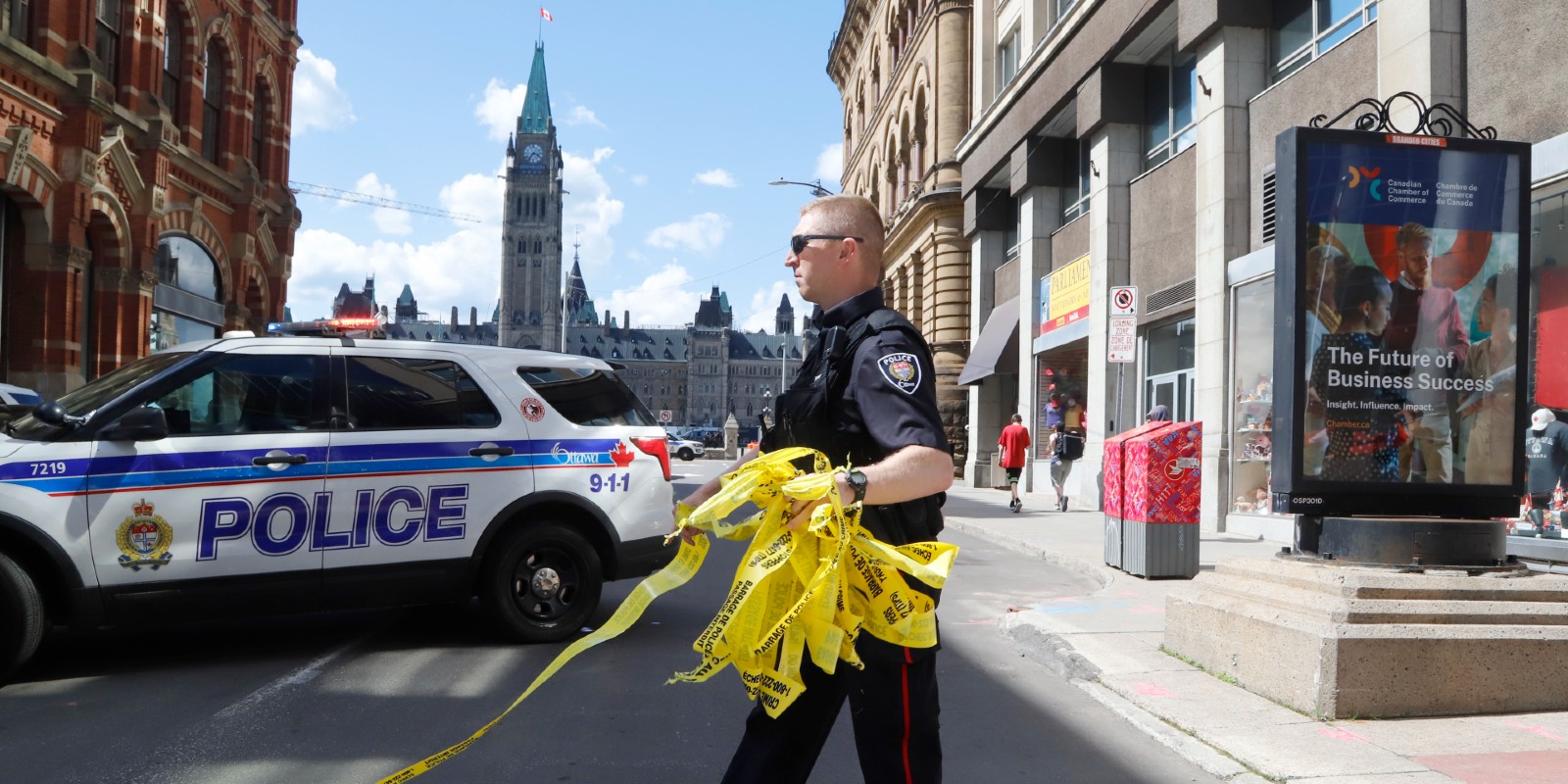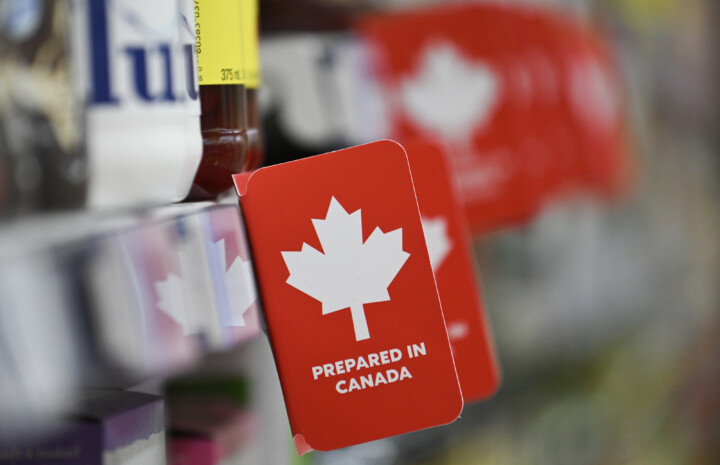Surging car thefts in Canada are outpacing criminal charges in a major way when it comes to thieves being brought to justice for stealing vehicles.
According to Statistics Canada data compiled by The Hub the same week that the federal government released its strategy to tackle the auto theft crisis, car thefts across Canada have risen by the tens of thousands in recent years, while the number of criminal charges for car thefts have remained around the same.
Take Ontario for instance. In 2022, there were 37,041 car thefts in the province, a 34 percent increase from 27,527 in 2021. Yet Ontario charges for car thefts only rose by an additional 88 charges or four percent.
Ontario’s rate of criminal charges per car theft has risen the most sharply, from 10 thefts per charge in 2019 to approximately 18 thefts per charge in 2022.

The trend is consistent across the country’s most populous provinces, where car theft has increased massively, with vehicles being sold overseas.
From 2021 to 2022, Quebec car thefts rose by over 7,000, while resulting charges rose by only 337. Alberta saw nearly 3,000 additional thefts, but only 140 additional charges.
British Columbia holds the record for the worst rate of criminal charges per car theft—26 stolen cars for every single charge in 2022.
As University of Ottawa criminologist Michael Kempa wrote in The Hub in March, when it comes to rising car thefts, Canadian law enforcement has so far signalled that citizens are “on their own.”
He was responding to Toronto police constable Marco Ricciardi’s controversial suggestion that drivers make their car keys available near the front doors of their homes, to avoid home invasions and violent confrontations.
“Suggesting that citizens simply give up and make it easier for car thieves to steal their property reads like an admission that the police have lost control over a dangerous and costly problem,” said Kempa.

Kempa added that there are a minuscule number of Canada Border Services Agency (CBSA) agents monitoring thousands of shipping containers passing through the Port of Montreal, the node through which many stolen cars are shipped.
“Even if police know a vehicle is in a particular port yard, it becomes a needle in a haystack. There is but a minute number of border agents literally working against the shipping clock to find it,” he wrote.
The Hub reached out to the Toronto Police Service to ask why criminal charges for car thefts have not kept pace with car thefts between 2021 and 2022.
“There has been a dramatic spike in auto thefts over the last several years, with over 3,990 vehicles stolen in Toronto so far in 2024. Around the clock, we have investigators aggressively working to address auto thefts in the city,” Toronto police media relations manager Stephanie Sayer said in an email. “Auto theft is among the top three revenue generators for organised crime groups, and it’s not an issue that police services can tackle alone.”
The federal government’s National Action Plan on Combatting Auto Theft was released this week. It focuses on “disrupting, dismantling and prosecuting the organised crime groups” responsible for these rising rates of car theft.
To address the issue, the Action Plan seeks to amend the Criminal Code with tougher penalties for thefts tied to organised crime, money laundering, and youth involved in the theft who would otherwise face minimal jail time. There will also be new offences regarding the possession and distribution of electronic devices that assist with car theft, says the plan.
The federal government wants to share more information between municipal, provincial, and national police services for criminal investigations, charges, and prosecutions. According to the Toronto Police Service, collaboration between Ontario’s police services resulted in the recovery of 15,000 stolen vehicles in 2023.
The CBSA has also been asked to enhance penalties around false reporting or failing to report export goods.
Recommended for You

Canada already tried economic nationalism—it made us poorer

‘People in Alberta are starting to get antsy’: Why wasn’t an oil pipeline on Carney’s ‘nation-building’ projects list?

‘A paradox facing the CPC’: Hub Politics on whether Conservatives have hit their ceiling with Poilievre as leader

Quebec’s next referendum to leave Canada may be around the corner




